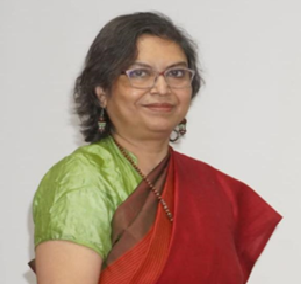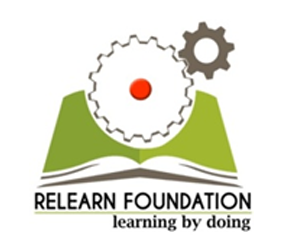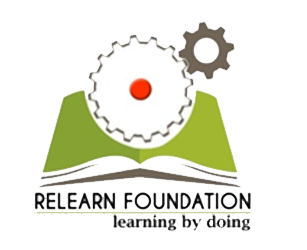How it Started
- HOME
- HOW IT STARTED

“Nature keeps her secrets in all her creations. Manmade logic and perceptions attempt to decode and decipher these secrets. Our limited range of observation may have been extended by technological advancement; however there is much to unveil. Fractal is Nature’s own logic—the method of self-generation, the pattern of self-similarity. Images and signals from materials may have signatures waiting to be discovered and fractal could be the answer to unraveling them.”
As a scientist of Council of Scientific and Industrial Research (CSIR), Dr. Mita Tarafder was exploring the world of Fractal Mathematics to analyse high resolution images of metals. Fractal is the self-similar pattern which is quantified by Fractal Dimension (FD). It was during her work with fractals that she was inspired to employ it in the field of humanities and use it to bring about social mobility through social engineering. This method of social engineering uses the concept of Fractals to bring about positive social change through education. The method, “Learning by Doing” helps to educate and bring about positive change to environment by bringing about environmental sustainability and empowerment to the disadvantaged people.
The concept of Fractal was used to model a network of classrooms for underprivileged students in India. Dr Tarafder proposed a model called 1-3-9-2 which states that one facilitator connects with three tutors. These three tutors would be teaching nine students and the same facilitator creates through her or his connections two new facilitators. This is the series of geometric progression (1,3,32,33,…) which is found in the Nuclear Fission too. She shared the concept with her friends: Mr. Aparup Sengupta and Mr. Ramanendu Chatterjee, who were delighted and offered their helping hands.


This model was first implemented by Dr.Mita when she started the first classroom in her home in 2010 with three students (Illustration 2) who were children of her maid Tara. Gradually, she involved her friends, students and close family members to teach the kids one hour everyday six days a week. The number of students enrolled in the first classroom increased from 3 to 15 within two weeks and more tutors were associated to mentor them. Mita’s students Pankhuri and Anup, played key roles in the initial days. Slowly many classrooms were established in Jharkhand, West Bengal, Andhra Pradesh replicating this model. As these classrooms are being established following the computer network model and the initial objective is to offer education and technical skills to the students, it was named Digital Literacy Mission (DLM).
The first classroom is the model centre of DLM which is now coordinated by Ms. Aparna Singh. Aparna is a brilliant teacher and motivator who is making sure 40 students of this centre get the finest education and learning experience. Many awards and prizes are received by the students of DLM-NML Agrico centre. It is located at NML Flats, Agrico, Jamshedpur, India.

The implementation of any project requires funds and there are two ways by which any project can work, one is fund generation and the other is fund distribution. In 2011, the concept of social entrepreneurship was popularized by Prof Madhukar Shukla of XLRI through the annual conferences held at Jamshedpur. It was realized that DLM has to be functioning as the social entrepreneurship initiative. The Entrepreneurship Development Centre (EDC) of XLRI gave the platform for learning how to make social entrepreneurship a sustainable venture. Prof Prabal Kumar Sen, Founder Chairperson of XLRI encouraged to establish an organization for promotion of education for the implementation of DLM. The idea of “Learning by Doing” stems from the work done on a business plan project on e-waste management at XLRI, Jamshedpur. The name Relearn Foundation was coined to promote “Learning by Doing” under the mentorship of Prof Prabal Kumar Sen and a charitable trust under the Indian Trusts Act.1882 having registration no 755/160 was founded on 10 February 2015.
To support DLM, the Relearn Foundation was formed to work in the domain of Education, Environment and Empowerment. The Foundation aims to promote skill based training, science model making and digital education as a part of relearning process and to make the public particularly the civil society aware of relearning through “doing” than “knowing”. Design, development and marketing of low carbon footprint products are the domain of activities for conservation of environment. In addition, women entrepreneurship development is the prime focus of this foundation.

